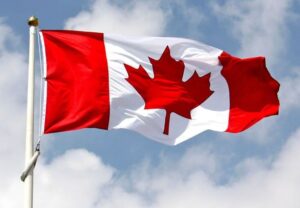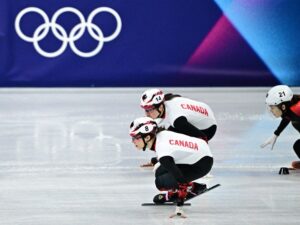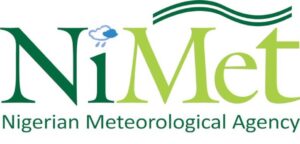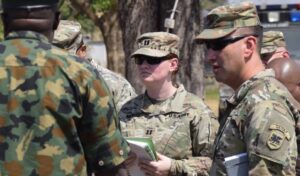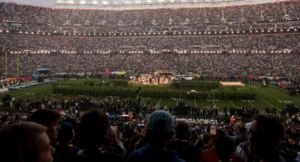
Health Canada has approved the first vaccine for respiratory syncytial virus (RSV) for adults age 60 and over.
Doctors have been calling for an RSV vaccine for seniors because although the virus is common, older people are much more likely to become severely ill and require hospitalization.
RSV season in Canada usually starts in the late fall and lasts until spring.
In a news release issued on Friday, manufacturer GSK said a randomized clinical trial showed the vaccine, called Arexvy, was 82 per cent effective at preventing lower respiratory tract disease caused by RSV compared to seniors who got a placebo.
The company said it was 94 per cent effective at preventing the illness in seniors with underlying medical conditions.
For most people, including children, RSV usually causes a mild infection that goes away within a couple of weeks, according to the Public Health Agency of Canada’s website.
In addition to seniors, infants are at a higher risk of getting very sick with RSV.
There is no RSV vaccine for children, but there are two kinds of antibody injections that can be given to high-risk babies to help prevent serious illness.
One of them, palivizumab, has often been given to babies who were born prematurely – but it needs to be injected about once a month during RSV season to stay effective.
A new antibody drug – nirsevimab, also known by the brand name Beyfortus – was approved by Health Canada in April. Nirsevimab only requires one injection to protect babies during the RSV season. It’s not yet known how widely it will be recommended for babies in Canada this fall.
On Thursday, the Centers for Disease Control and Prevention (CDC) in the U.S. recommended that babies born just before or during the RSV season, as well as babies who are less than eight months old before the season starts, should get the nirsevimab shot.
The CDC also recommended that the shot should be given to some eight to 19-month-old babies who are at higher risk of getting seriously ill from the virus.


